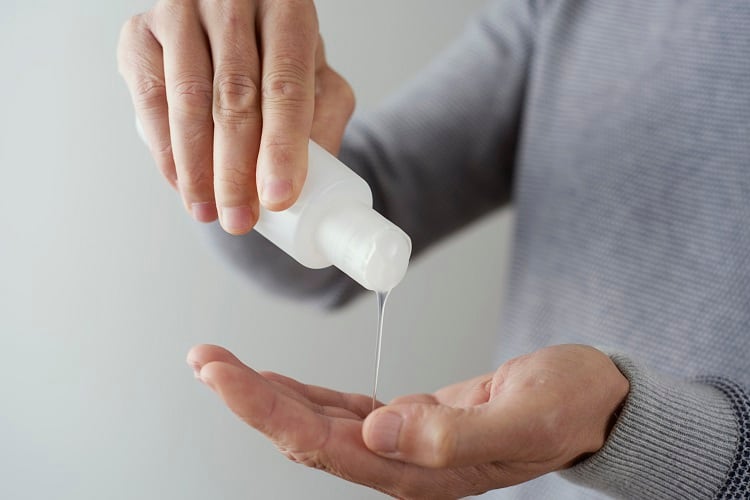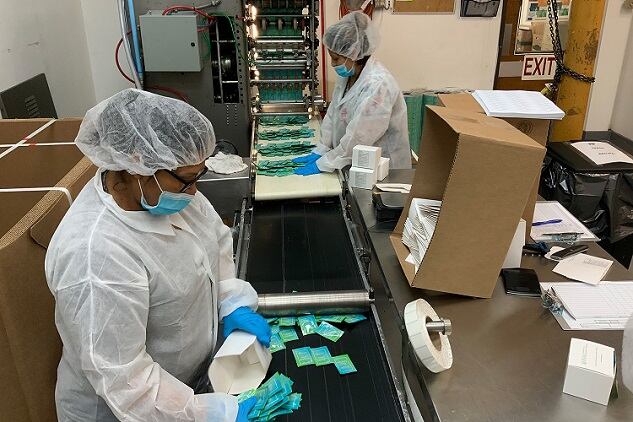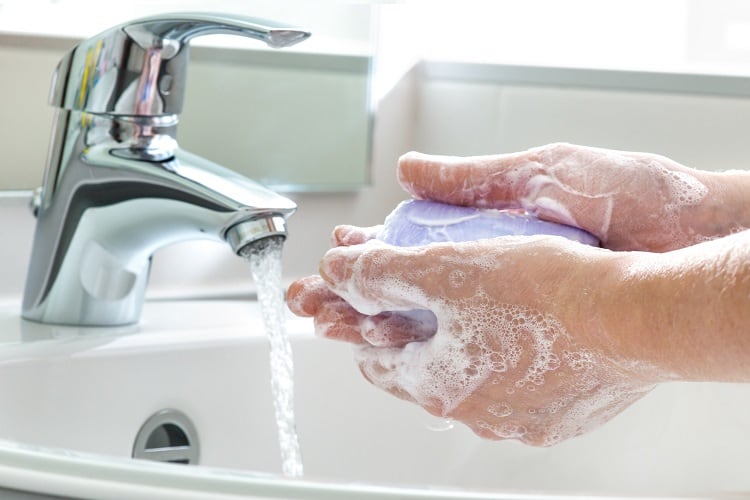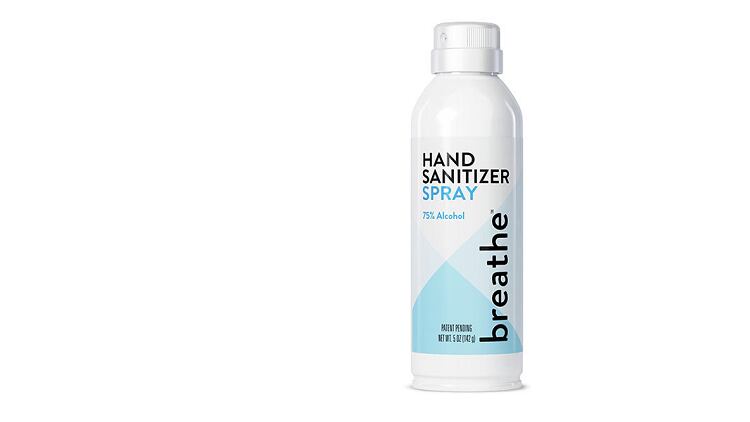For several weeks now beauty brands, contract manufacturers, ingredient suppliers, and businesses beyond the cosmetics and personal care industry have been producing hand sanitizer to keep their teams working and to supply the product to medical professionals, frontline workers, and the general public as well. The interest in making sanitizer has been so great that in March, as Cosmetics Design reported, the FDA issued new hand sanitizer production guidance for manufacturers and compounding pharmacists.
Now the FDA, has shared an update on the safety of hand sanitizer: “We appreciate industry's willingness to help supply alcohol-based hand sanitizer to the market to meet the increasing demand for these products and are grateful for their efforts,” says FDA Commissioner Stephen M. Hahn, MD, in today’s update.
“With this increased supply,” he notes, “comes our continued mission to ensure safety of these products. It is important that hand sanitizer be manufactured in a way that makes them unpalatable to people, especially young children, and that they are appropriately labeled to discourage accidental or intentional ingestion.”
“Additionally,” says Hahn, “hand sanitizers are not proven to treat COVID-19, and like other products meant for external use, are not for ingestion, inhalation, or intravenous use.”
Do not ingest
That last remark from Hahn comes following public remarks made last week by Donald Trump and by Bill Bryan, the acting under secretary for science and technology for the department of Homeland Security, that conflate the function of disinfectants with medical treatments. Since those remarks, the FDA, manufacturers, and industry organizations have spoken up to clarify the safe and appropriate use of products like bleach, Lysol, and hand sanitizer.
Reckitt Benckiser, the company that makes Lysol brand products, posted a statement online stating in part that, “As a global leader in health and hygiene products, we must be clear that under no circumstance should our disinfectant products be administered into the human body (through injection, ingestion or any other route). As with all products, our disinfectant and hygiene products should only be used as intended and in line with usage guidelines. Please read the label and safety information.”
Similarly, the American Cleaning Institute circulated a statement on Friday explaining that “Disinfectants are meant to kill germs or viruses on hard surfaces. Under no circumstances should they ever be used on one’s skin, ingested or injected internally.” The ACI statement also reminds “everyone to please use all hygiene, cleaning and disinfecting products as directed in order to ensure safe, effective and intended use of those products.”
Claims, formulation, labeling, and packing issues
Today’s Coronavirus update from the FDA highlights the importance of accurate product claims, regulatorily compliant formulations, and proper labeling as well as the fact that these are all the more vital given the array of packaging that hand sanitizer is being filled into during the pandemic.
This week’s FDA update reiterates that the use of denatured alcohol is critical because, as the update notes, “Adding these denaturants to the alcohol renders the product more bitter and less appealing to ingest, particularly for young children.”
FDA hand sanitizer production recommendations, refreshed just this month, also advise that those making hand sanitizer “not add other active or inactive ingredients, such as ingredients to improve the smell or taste, due to the risk of accidental ingestion in children. Different or additional ingredients may impact the quality and potency of the product.”
Today’s Coronavirus update from the FDA goes on to recount recent instances where children ingested sanitizer that was not denatured, where product safety labeling was inadequate, and where hand sanitizer was packaged in a liquor bottle from a distiller.
The anecdotes are included “to illustrate the importance of using denatured alcohol.” To that same end, the update includes “FDA analysis of data provided by the US Centers for Disease Control and Prevention and the American Association of Poison Control Centers surveillance team, [stating that] calls to the National Poison Data System last month related to hand sanitizer increased by 79% compared to March 2019. The majority of these calls were for unintentional exposures in children 5 years of age and younger.”
Additionally, today’s update reports that a first FDA Warning Letter for hand sanitizer claims went out last week to a company called Prefense LLC, which according to the FDA has been marketing and selling its product with “misleading claims…. [that] may put consumers at risk by leading to a false sense of security and resulting in infrequent hand washing or hand sanitizing.”
---

Deanna Utroske is a leading voice in the cosmetics and personal care industry as well as in the indie beauty movement. As Editor of CosmeticsDesign.com, she writes daily news about the business of beauty in the Americas region and regularly produces video interviews with cosmetics, fragrance, personal care, and packaging experts as well as with indie brand founders. Click here to find out what else is changing in the world of beauty because of COVID-19.




